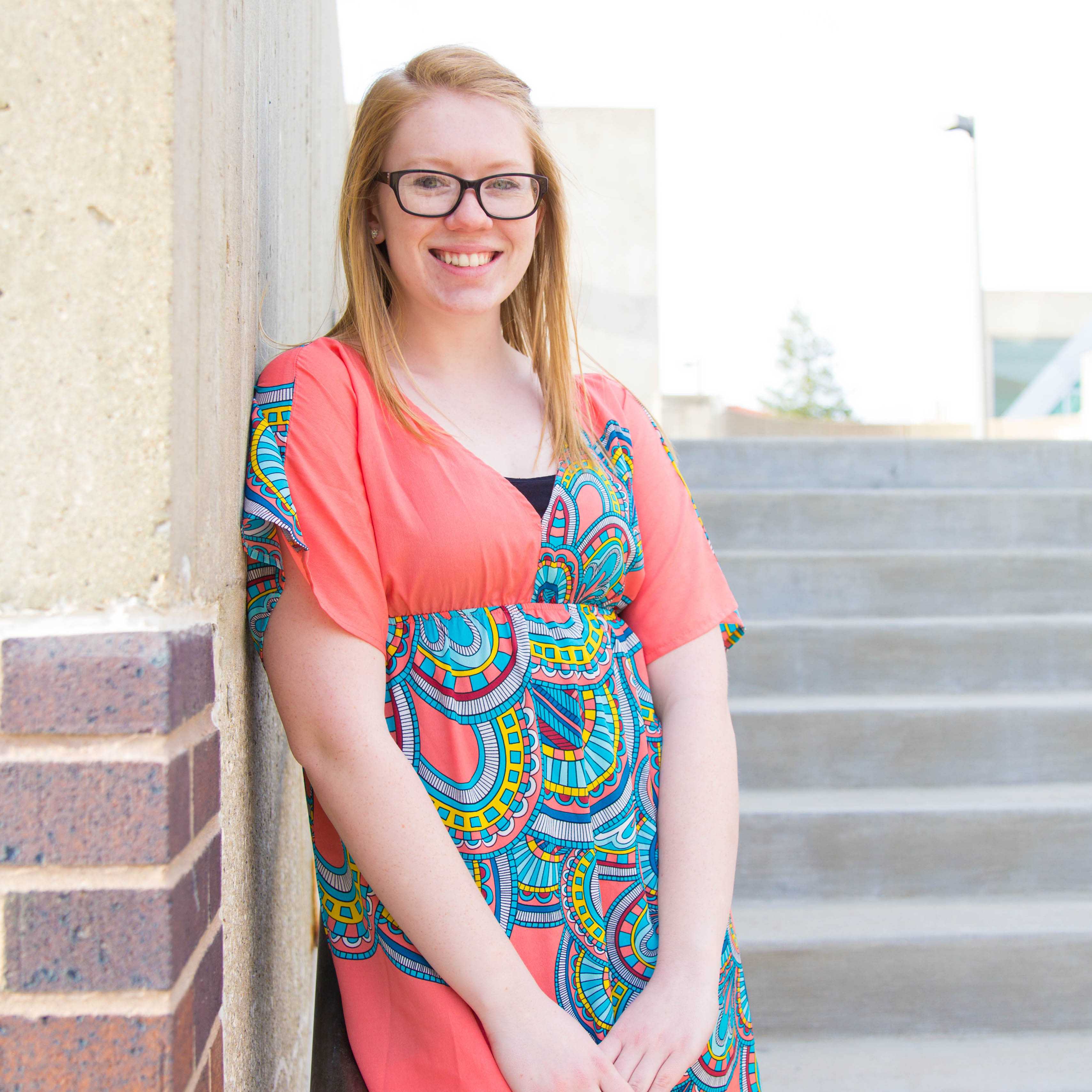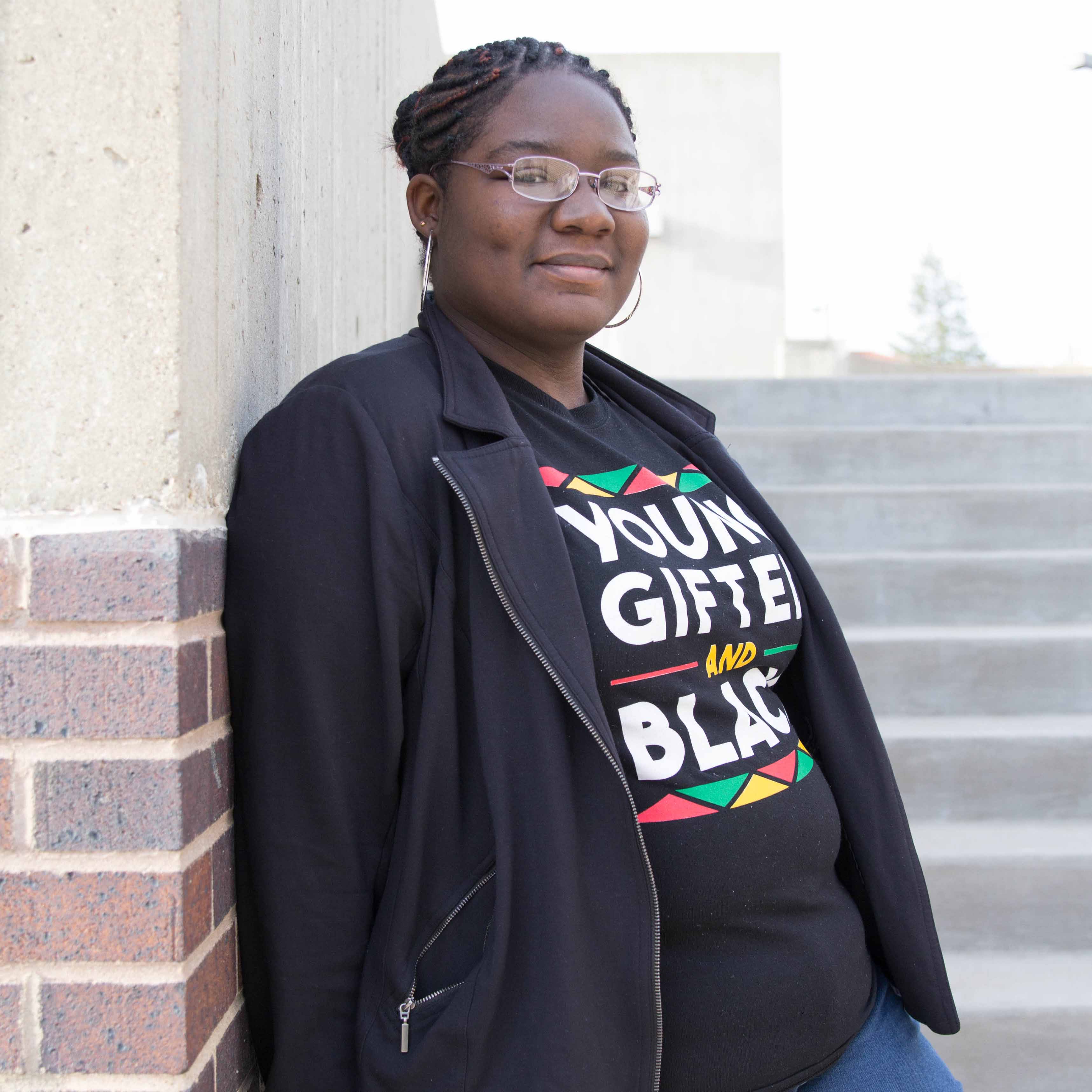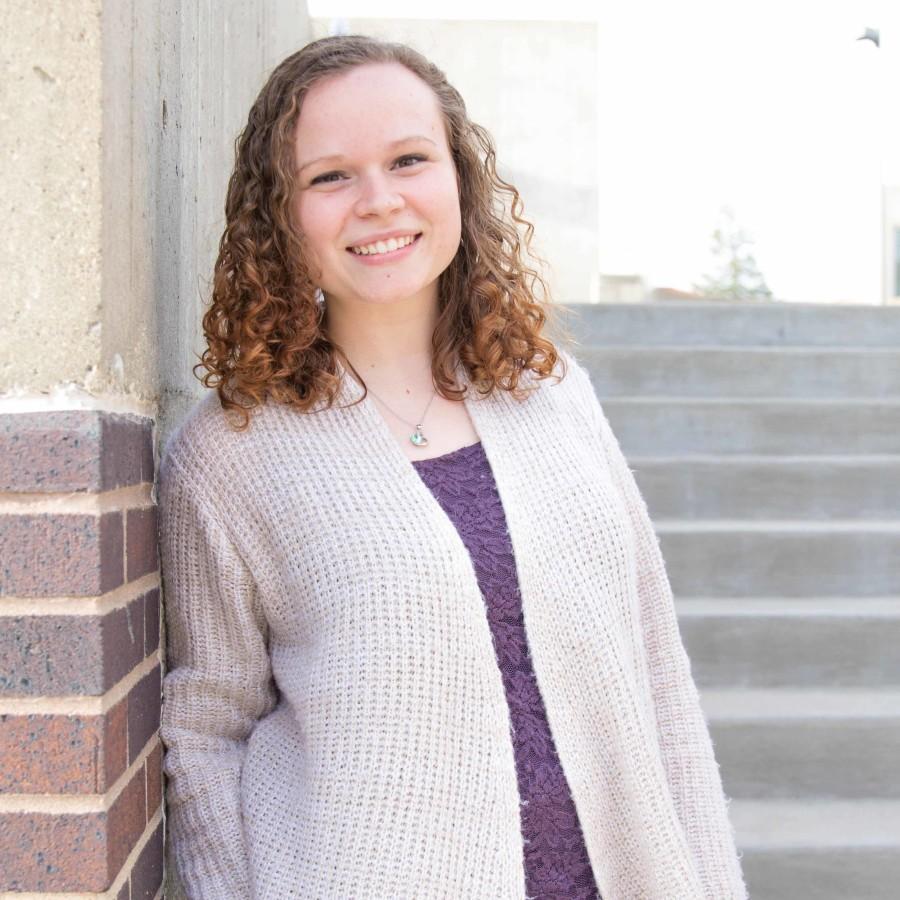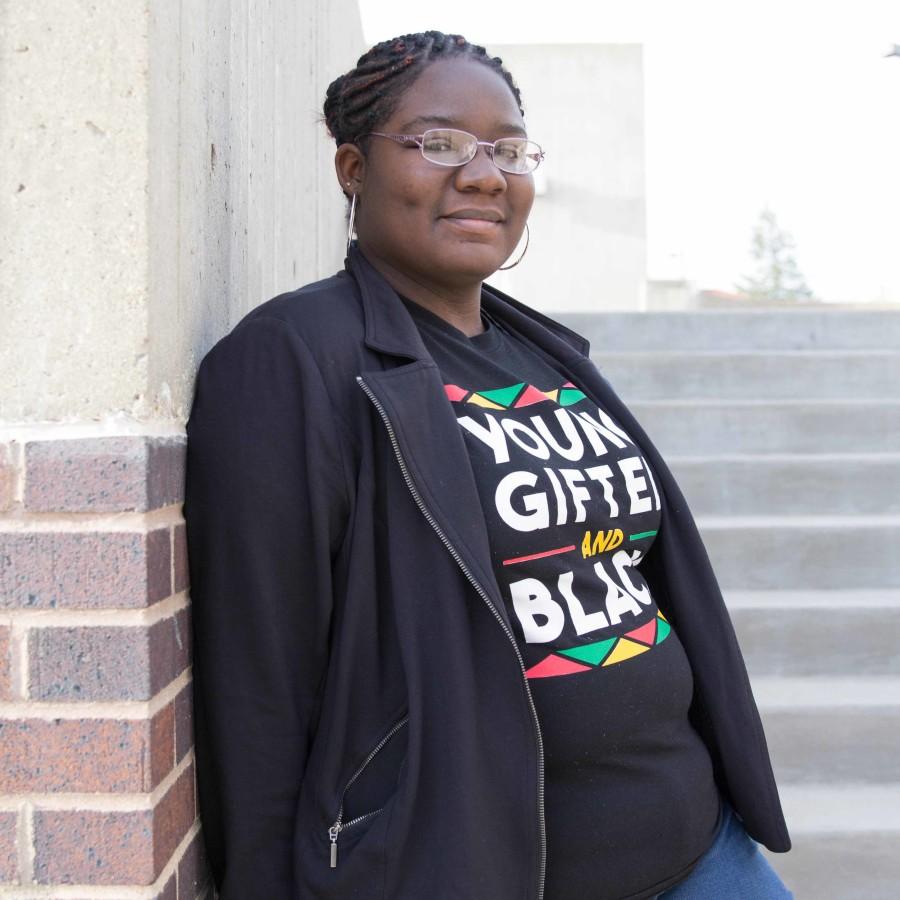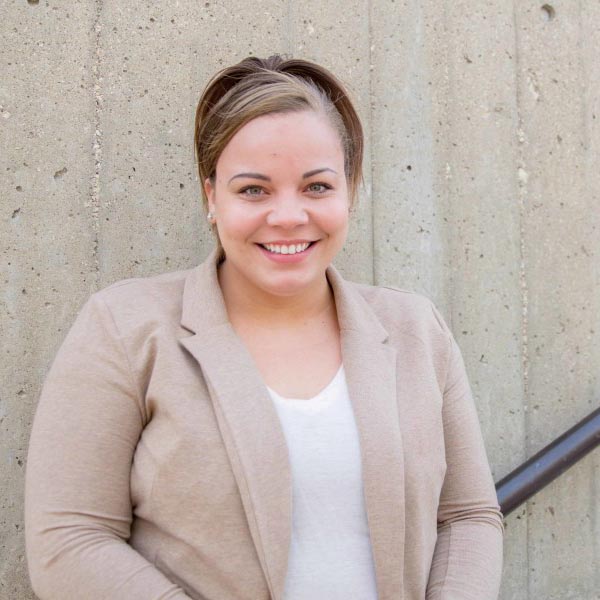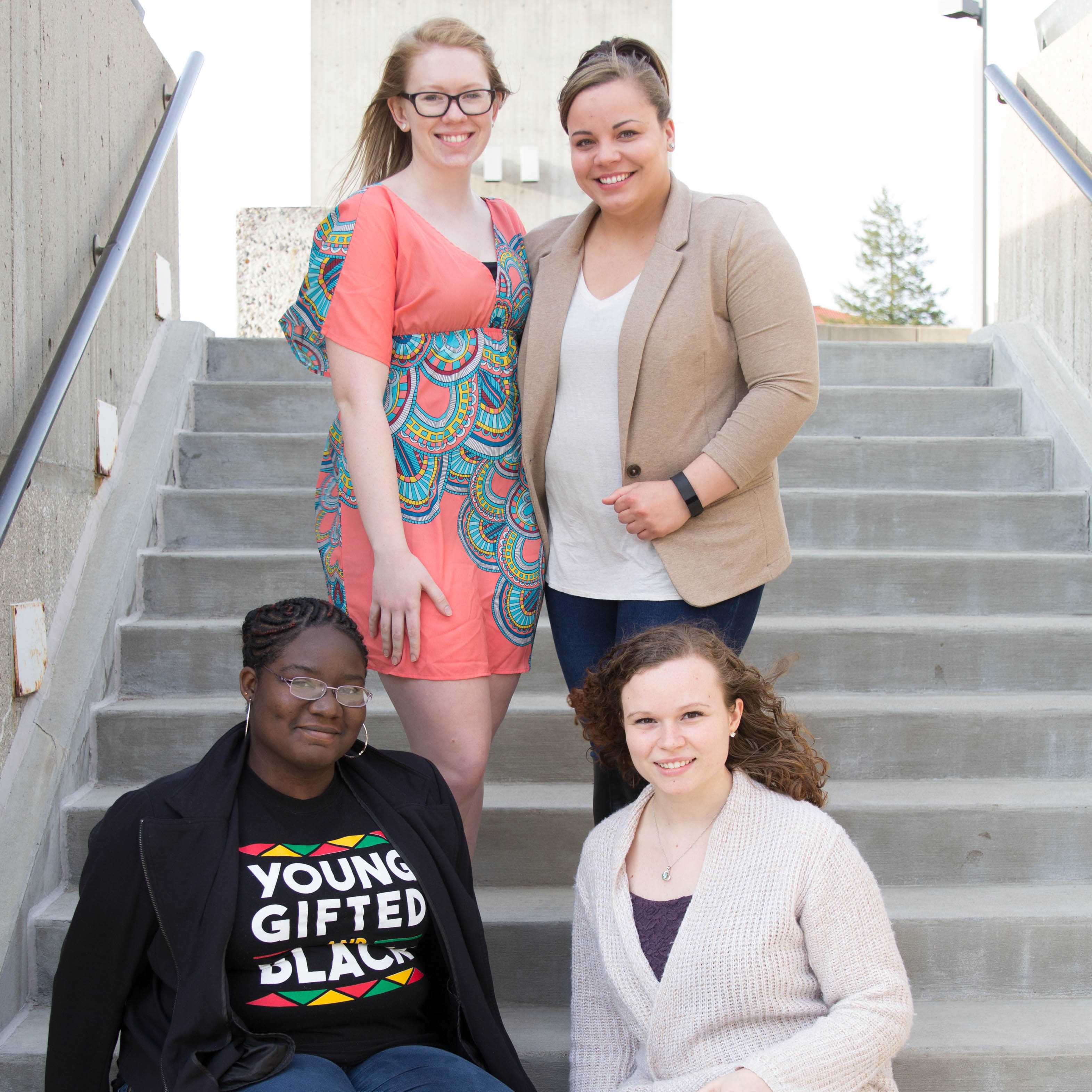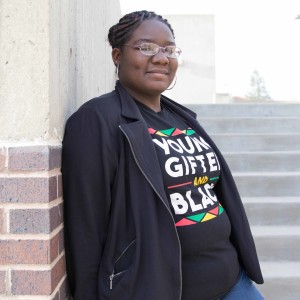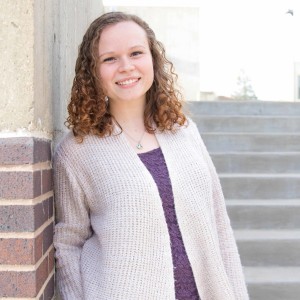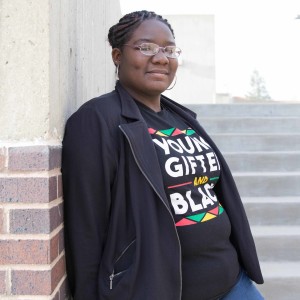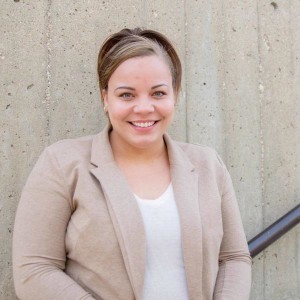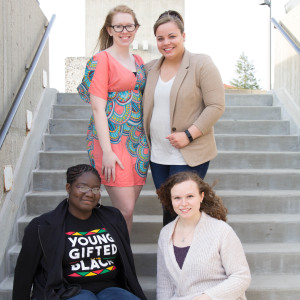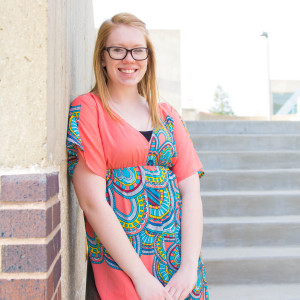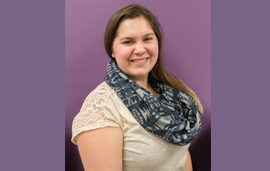We are Survivors
Mar 31, 2016
A film has the power to reach anyone who might feel alone, said Vanessa McNeal, graduate social work student, of her most recent film project, “We Are Survivors.”
The film tells the stories of eight sexual assault survivors, four of which are UNI students, and it will be screened in McCollum Science Hall April 5 at 6 p.m. A panel discussion will follow.
“I am reaching people,” McNeal said. “Even if they don’t tell me. There are so many silent watchers.”
McNeal’s 15-minute film is a follow-up to her previous documentary, “I Am,” which aired in August and focused on McNeal’s story.
McNeal overcame a life in poverty and estrangement from her siblings to tell her story and work to help others. McNeal herself is also a survivor of sexual assault.
According to McNeal, she was approached by sexual assault survivors who had heard her story or had seen the film, and they all expressed gratitude for telling her story. McNeal says this is when she decided to make a follow-up film focusing on the stories of others.
Megan Kennedy, senior family service and psychology double major, shared her story for the film. She said the experience was empowering.
“To take [my story] away from what everybody else might want to say about it to the way I want to tell my story; [it’s] like taking control over it,” Kennedy said.
Kennedy says she faced a difficult, uphill battle while trying to report when she was sexually assaulted in high school — she had to tell and retell her story multiple times and she faced constant doubt; doubt she attributed to the popular reputation of the perpetrator.
“It’s like you have to prove, without a reasonable doubt, that this happened,” Kennedy said.
All the material for the film was shot in one day in December when McNeal and the eight survivors took a trip to Des Moines.
The film was shot and produced by Mike Phipps and Quinton Wayne, two filmmakers who own the production company PLVTOS, located in the Ames and Des Moines areas. They also filmed “I Am.”
UNI’s Student Wellness Services sponsored the trip to Des Moines for filming, and Joan Thompson, health educator and victims services advocate, provided support for those sharing their stories that day. Thompson was also interviewed for the film.
“It is important to me to convey the message: ‘Believe anyone who says they’ve been assaulted,’” Thompson said. “Because the healing process is so important and the response that someone receives initially is so very important.”
Thompson said she was honored to be asked to be a part of the film.
Felicia Shumpert, junior family services major, also shared her stories of sexual assault for “We Are Survivors.”
Shumpert has been a victim of sexual assault on multiple occasions. She said the film provides an opportunity for viewers to truly connect with survivors.
“You read about it, but putting faces to stories … makes a difference,” Shumpert said. “It just makes it a lot more real.”
For McNeal, the film confirms the resiliency of sexual assault survivors.
“In [both films], we quote, ‘My truth is my own, but what is true for one is true for all,’” McNeal said. “And I think that really encompasses the last film and this one. My story was my own and it’s unique and it has its different features, but we all share common denominators. We’re survivors, we’re overcomers.”
There is free, confidential help on campus available to students who have been sexually assaulted or are victims of physical/ emotional abuse, stalking or harassment.
Contact Joan Thompson with Violence and Intervention Services: joan.thompson@uni.edu 319-373-2137. For more information see uni.edu/safety.


